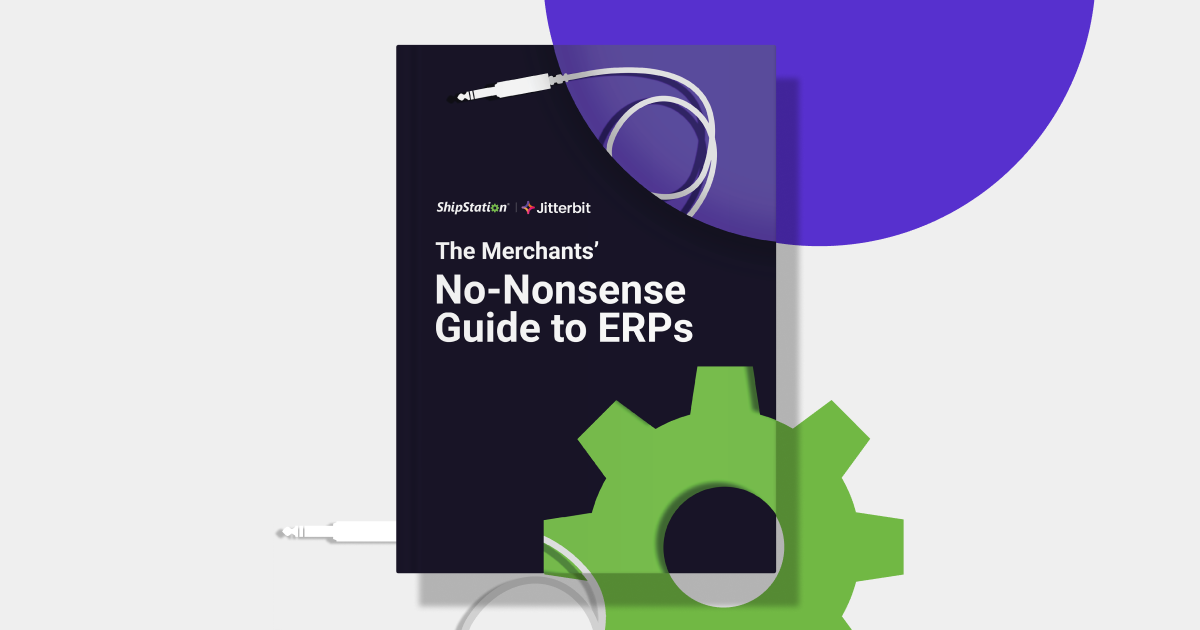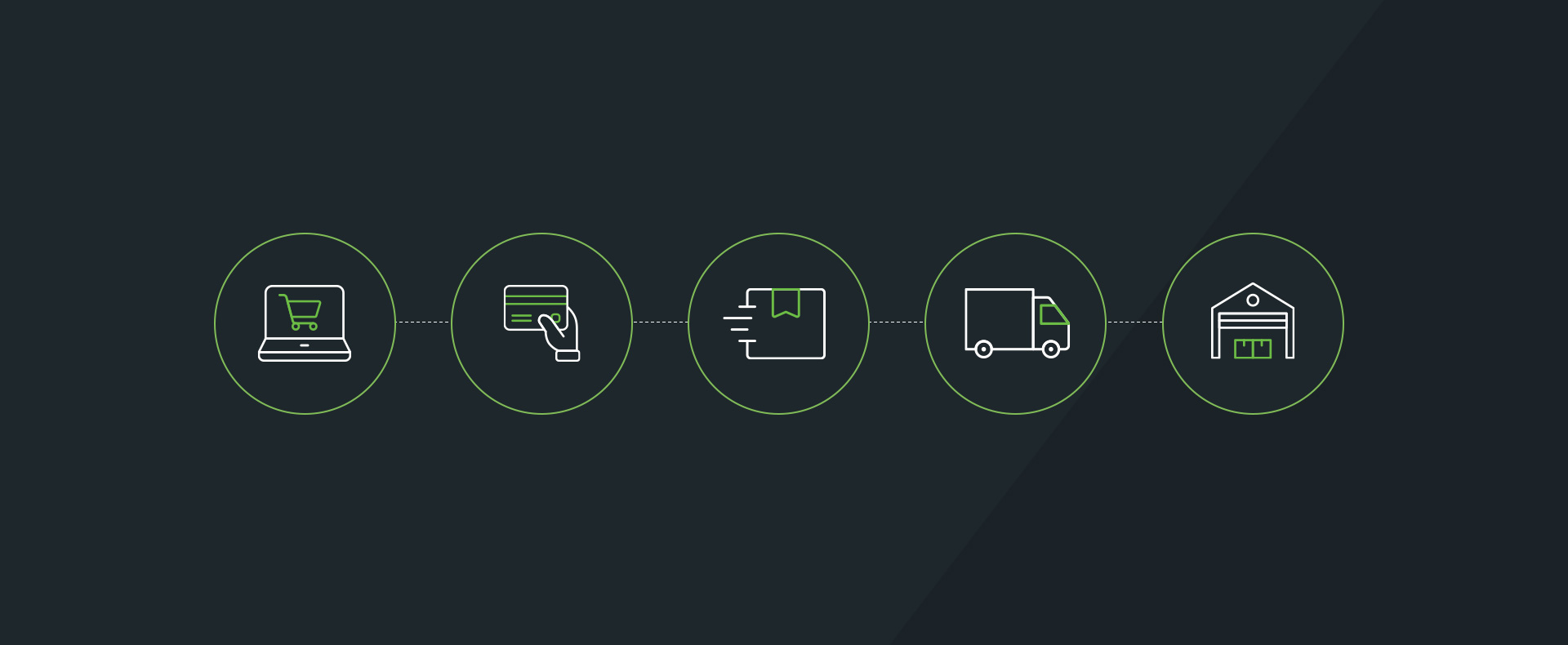3 Tips for Sales Tax and Shipping
This guest post was written by Mark Faggiano, Founder of TaxJar, an online tool that helps make sales tax easier for online sellers.
Ask any online seller and they’ll tell you that seemingly nothing about sales tax is easy. Collecting, filing, and staying informed of rate and law changes are all challenging. Shipping as it relates to sales tax is no exception.
Here are a few things to keep in mind for your business when it comes to shipping and sales tax:
The Sales Tax Landscape is Changing
Nowadays, more and more states are cash-strapped, so they’re looking for ways to add more revenue to their budgets. That’s led to states changing their definition of nexus—whether a business has a legal “presence” in that state—so they can require more sellers to pay them sales tax. That means the days of only having to file and pay sales tax to your state are coming to an end (for a lot of you selling through Amazon, they’ve already ended). Be sure to stay informed on what states you’re legally required to stay compliant for sales tax.
Shipping Laws Aren’t Universal
Once the need arises to pay sales tax to a state other than where your business is physically based, be sure to do your homework. Unfortunately, not every state handles sales tax the same way. Find out of if that state considers shipping taxable. In Washington, for example, shipping is considered taxable. In Kansas, if you deliver a taxable item yourself to a Kansas address (not using the Postal Service or UPS) then you are considered to have nexus and have to pay sales tax to Kansas. When in doubt, call the state and speak to someone about your business. Many states even offer a service for sellers to get an in-writing response that will hold up in court.
How You Display Shipping Charges Matters
In some states, how you display shipping charges as part of an order determines whether sales tax should be collected on that shipping charge. This is where things can be tricky and it’s important to check with a state if you have any doubt.
In California, for example, if shipping charges are listed separately from the cost of an item, then the shipping charge is not taxable. It is taxable if you include shipping in the cost of the item. The same is true in Virginia. But Washington and Connecticut say it doesn’t matter. Shipping charges are taxable in those states no matter how they’re displayed.
The bottom line, really, about shipping and sales tax is be in the know. Use whatever resources you can to find the information applicable to your business. This is where companies like TaxJar can help, in addition to your local CPA and tax authorities.





